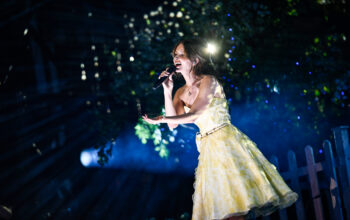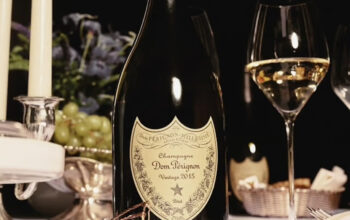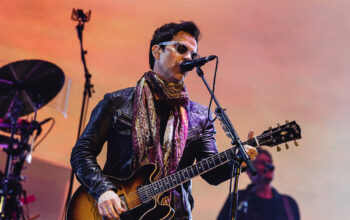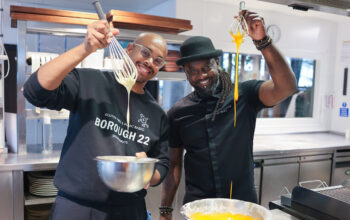Royal baby furore: Proof that the British monarchy is still popular?

The scale of the coverage for the new royal baby, Charlotte Elizabeth Diana, might be seen as evidence of the British monarchy’s sustained popularity around the world, but is this necessarily true?
A survey by Ipsos Mori in 2013 suggested that support for the monarchy is still high at 77 per cent. On the other hand, the proportion of republican sympathisers could only claim a modest backing of 17 per cent.
Furthermore, according to a YouGov survey conducted in June 2013, one month before the birth of Prince George, 82 per cent of people answered that they felt positively about the Queen and only 12 per cent of people gave a negative opinion.
Of course, questions continue to be raised about the legitimacy of the monarchy in the 21st century. There are many who regard it as a system incongruous with modern democracy; intolerable and ultimately unacceptable in times of such profound austerity and pocket-pinching for so many in the UK.
That said, evidence of interest and support for the royal family, such as the millions who reportedly celebrated the Queen’s diamond jubilee in 2012 or watched the royal wedding four years ago, is difficult to contest.
It is, however, altogether too easy to conflate the monarchy, a historic institution, with the current royal family. For people across the world, the face of Queen Elizabeth II is the defining image of the monarchy in Britain. Rarely, if ever, has she misspoken or stirred controversy, remaining ever regal and proper. This has been one of the keys to her success as a monarch and the success of her family as a global brand.
The monarchy, on the other hand, is an institution led by an unelected figure whose role, while largely ceremonial, still permits him or her to advise the prime minister on affairs of the state. General opinion would dictate that this quiet, private role is of little concern to the British public, who recognise the Queen more as an apolitical, unifying figurehead; a stalwart of British values and traditions who binds an otherwise divided country.
However, many suspect that the royal family have more say in British politics than is constitutional and who believe a fully democratic Britain is still inhibited by the monarchy.
In March this year, news broke that letters written by Prince Charles to seven governmental departments were to be made publicly available, following a long and arduous campaign by The Guardian newspaper. This is the most recent incident to call to question the political impartiality of the royal family.
In her 2015 polemic essay Down with the Royals, Guardian journalist and outspoken republican Joan Smith highlights an incompatibility between the monarchy and a democratic state: “The whole point of hereditary monarchy is that it allows people like Prince Charles to bypass the inconvenient chores associated with democracy, such as knocking on doors and trying to persuade sceptical voters. The consequence is a system that fails every single test of diversity and equality.”
In spite of such opposition, the general reception for the royal birth has been positive. Images of William and Kate’s new daughter and messages of congratulations have come from far afield, and one could easily conclude that the world has responded warmly and in celebratory mood.
Yet, the omnipresence in the world’s press of the new princess is indicative not of the monarchy’s popularity, but of the royal family as easy news fodder. After all, William and Kate are celebrities and, as such, are bound to attract the attention of media who know that celebrity sells. Royal events are at once an opportunity for newspapers to garner sales and website hits, as well as a boon to the public profile of the royal family.
Eoin O’Sullivan-Harris

























Facebook
Twitter
Instagram
YouTube
RSS